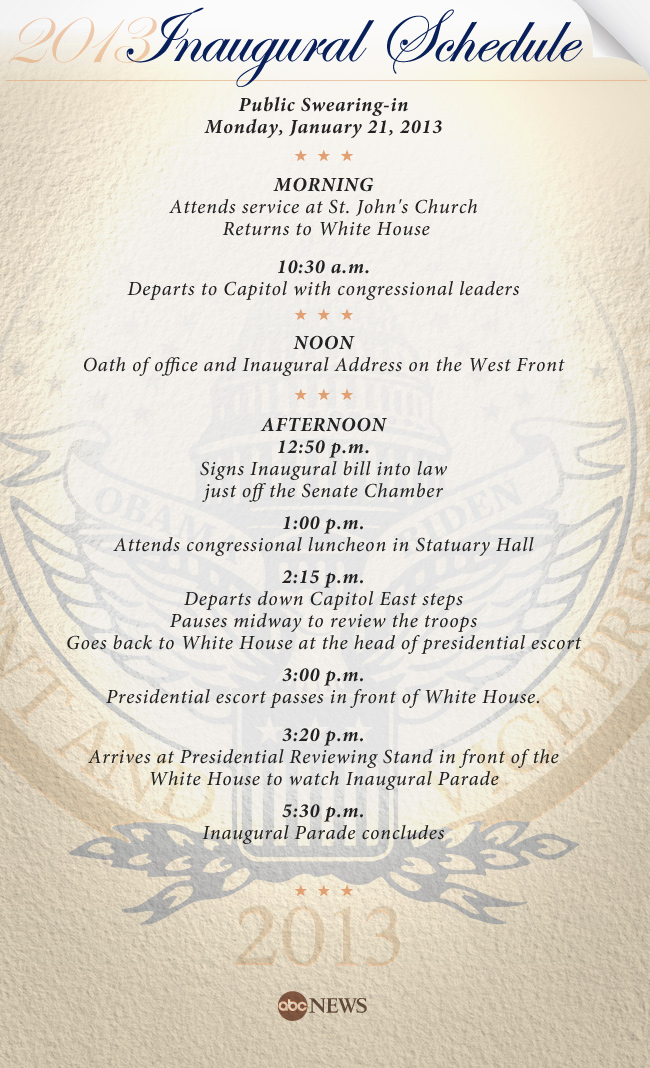NEW DELHI: Chief Justice of India Altamas Kabir on Monday said that the huge public outrage and the protests that followed the brutal gang-rape of the 23-year-old paramedical student in Delhi on December 16, 2012 were justified and necessary.
"I wish I could also have been there, but I can't" Chief Justice of India Altamas Kabir on Monday said while terming the upsurge and protest that took place in the wake of the December 16 gang-rape incident as "fully justified" and "absolutely necessary".
"What happened that day (December 16) was not something new ... but it caught the imagination of the people and led to a tremendous upsurge and this upsurge as I have said earlier also, was fully justified. What started as a protest, as a mark of showing one's anger, it was all genuine, absolutely necessary ...", Justice Kabir said.
"I salute everybody who took part (in the protests). I wish I could also have been there, but I can't," he said on the sidelines of the Sixth National Conference on the Protection of Women from Domestic Violence Act.
He, however, cautioned "that we cannot afford certain types and groups of people from exploiting such situation for their own ends".
"My nephew was also beaten up in the protest (at India Gate)," Justice Kabir said, adding "the protest was later on hijacked".
He said that it started out as a "peaceful protest", but other "things" started coming in and it "became ugly".
While addressing the gathering which comprised of sitting Delhi high court judge Justice Gita Mittal as well as several legal luminaries and academicians among others, Justice Kabir also said that what happened on December 16 was not just a crime against an individual, but against women and society in general.
Referring to the "shameful" incident of December 16, when a 23-year-old girl was brutually gang-raped in a moving bus and later thrown out of it along with her male friend, Justice Kabir said it has resulted in a tremendous rethinking of "what is going on" in the society.
Court to hear arguments 'in camera'
Trial proceedings in the December 16 Delhi gang-rape case will be held in camera before a fast track court, which decided on Monday to hear arguments on framing of charges against five accused on January 24.
Upholding the previous order of a magistrate, the special fast track court judge said, "Only those who are connected with the case will stay in the courtroom. Others should vacate the court immediately."
Additional Sessions Judge Yogesh Khanna also decided to hear "in camera" the arguments on framing of charges against the five accused on January 24 as the judicial records were sent by the magisterial court after concluding the procedural formalities.
Invoking a legal provision that bars open court hearing, the special judge said, "As per section 327 (2) of the CrPC, the proceedings will be held in camera and section 327 (3) prohibits anyone from publishing and printing the proceedings."
"I am upholding the same order passed by the metropolitan magistrate (MM)."
Chief Justice of India Altamas Kabir had inaugurated the fast track court at Saket district courts complex earlier this month following a decision of the Delhi government in this regard.
Earlier, the MM had allowed an application of Delhi police seeking in camera proceedings following the chaos in the courtroom when the accused were being brought.
The accused have been charged under the IPC for offences of murder, gang rape and destruction of evidence.
The 23-year-old paramedical student was brutally assaulted and gangraped in a moving bus allegedly by six persons, including a juvenile, on the night of December 16 before being dumped in a south Delhi locality here. Her male friend was also assaulted.
The victim later died at a Singapore hospital.
Earlier, special public prosecutor Dayan Krishnan and Delhi Police counsel Rajiv Mohan along with the investigating officer entered inside the packed courtroom where the proceedings were to commence before the special court at 2.30pm for the first time.
Besides 30-40 security personnel, defence lawyers and journalists were also inside the court room where all the accused were brought in with their faces muffled up.
The driver of the bus Ram Singh, his brother Mukesh, Akshay Thakur, Pawan Gupta and Vinay are the accused in the case. While their juvenile accomplice is being tried separately at the juvenile justice board here.
Except Thakur, who was arrested from Aurangabad in Bihar on December 22, rest four accused were arrested within 24 hours of the incident.
Special prosecutor Krishnan started the argument with a plea that the special court should give an order as to whether the trial proceedings would be open for all or it would be held in camera.
Citing legal provisions and the previous order of the magistrate, he said the section 327 (2) and (3) of the CrPC specifically provides that the trial in rape cases "shall be held" in camera.
He argued that even though the detailed proceedings in the case cannot be allowed to be reported as per the earlier order, but the special court needs to pass an order which should decide the issue whether it can be reported or not.
"in camera proceedings under section 327 (2) of the CrPC should go on. Reporting of proceedings by the media, under section 327 (3), is upto the court to decide," Krishnan said.
He also said that if the judge deems it fit then he can allow media to publish a brief of the proceedings or can pass an order regarding how much media can report or publish.
"But, detailed reporting of the proceedings may not be allowed," he added.
Defence lawyers VK Anand and RP Singh sought lifting of the ban on media saying that the denial may result in misreporting.
Swami Om Ji, a self-proclaimed spiritual guru who had earlier withdrawn his plea in the high court seeking a direction to allow media to cover the case, again appeared before the special judge on Monday raising the same issue.
However, the court dismissed his plea saying he does not have any locus.
Around 200-300 protesters had gathered outside the court complex for a brief period. Later, most of them left after security personnel denied them entry.
Dismissing a plea for the open court trial, the special judge, in his 5-page order, said, "All persons un-connected with the case are directed to clear the courtroom and to ensure safe passage to the accused person. It shall not be lawful for any person to publish or print any matter relating to the proceedings of this case except with the prior permission of the court, till the trial.
"Such an order is, even otherwise, necessary, considering the sensitivity of the matter, concealing the identity of victim, safety of the complainant, safety of the accused person to ensure the fair trial and also for smooth functioning of the court."
The special judge also said, "Sub section (2) and (3) of section 327 of CrPC are inserted by an Act 43 of 1983 ... hence, there is nothing much to say about the issue (of in camera proceedings) raised and I am in conformity with the metropolitan magistrate as also with the order dated January 9 passed by the judge in charge, south and southeast district ..."













